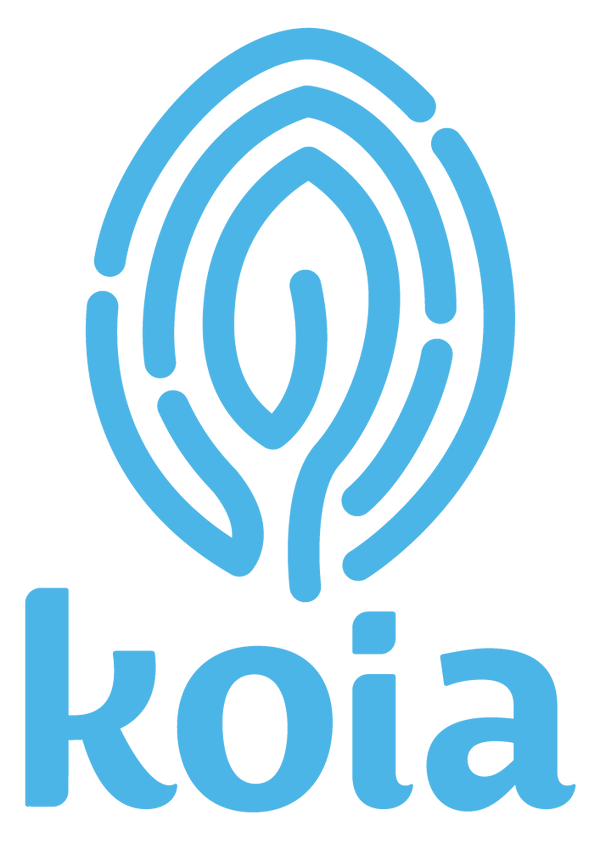When it comes to our children's nutrition, we want to ensure they are getting the best possible start in life. While we often focus on the importance of vitamins and minerals, one crucial aspect of a child's diet that sometimes gets overlooked is fat—specifically, the type of fat they consume. Seed oils, commonly found in processed and fast foods, have raised concerns about their impact on children's health. At the same time, healthy fats are vital for optimal growth, brain development, and overall well-being. Let's explore why seed oils can be problematic for kids and why incorporating healthy fats into their diet is essential.
The Problem with Seed Oils
Seed oils such as canola, soybean, corn, and sunflower oils are prevalent in many processed and packaged foods that children often consume. Although these oils are marketed as healthy alternatives to saturated fats, there are several reasons why they may not be the best choice for kids.
- High Omega-6 Fatty Acids: Seed oils are high in omega-6 fatty acids, which, while essential, can be problematic when consumed in excess. An imbalance between omega-6 and omega-3 fatty acids can promote inflammation in the body. For children, chronic inflammation can potentially impact their developing immune system and increase the risk of conditions like asthma and allergies.
- Potential for Oxidative Stress: The refining process of seed oils can lead to the formation of harmful compounds such as oxidized fats and trans fats. These substances can contribute to oxidative stress, which may negatively affect cellular health and development in children.
- Impact on Metabolism: High consumption of omega-6 fatty acids from seed oils can interfere with a child's metabolic health. This imbalance may affect insulin sensitivity and contribute to the rising rates of childhood obesity and metabolic syndrome.
The Importance of Healthy Fats for Kids:
Healthy fats are crucial for children's growth and development. Unlike seed oils, which can be inflammatory and problematic, beneficial fats play several vital roles:
- Brain Development: The brain is mainly composed of fat, and healthy fats are essential for cognitive function and development. Omega-3 fatty acids, found in sources like fish oil and flaxseeds, support brain growth, improve cognitive function, and may even boost mood and behavior.
- Growth and Development: Fats are a concentrated energy source essential for children's growth and development. They help absorb fat-soluble vitamins (A, D, E, and K), which are crucial for vision, bone health, and overall well-being.
- Hormone Production: Healthy fats are necessary for producing hormones, including those that regulate metabolism, growth, and mood. Ensuring a balanced intake of healthy fats supports hormonal health and helps maintain energy levels.
- Immune Function: Fats, particularly omega-3 fatty acids, have anti-inflammatory properties that can support a healthy immune system. This is especially important for children, who are still developing their immune defenses.
Sources of Healthy Fats for Kids
To ensure that children receive the benefits of healthy fats, consider incorporating these nutritious sources into their diet:
- Avocado Oil: Rich in monounsaturated fats and antioxidants, avocado oil is a great cooking option and can be used in dressings and marinades.
- Fatty Fish: Salmon, mackerel, and sardines are excellent sources of omega-3 fatty acids, which are crucial for brain health.
- Nuts and Seeds: Almonds, walnuts, chia seeds, and flaxseeds are packed with healthy fats and can be added to snacks or meals.
- Olive Oil: Extra virgin olive oil contains monounsaturated fats and antioxidants, making it a heart-healthy choice for cooking and salad dressings.
- Nut Butters: Almond butter, peanut butter, and cashew butter provide healthy fats and can be spread on toast or used in smoothies.
Making Healthier Choices
Here are some tips for reducing seed oil consumption and incorporating healthy fats into your child's diet:
- Read Labels: Check food labels to identify and limit products containing seed oils. Opt for products that list healthier oils like olive or avocado oil.
- Cook at Home: Preparing meals at home allows you to control the ingredients and use healthier cooking oils. Experiment with recipes that include nuts, seeds, and avocados.
- Snack Wisely: Choose snacks that include healthy fats, such as sliced avocado, trail mix (with nuts and seeds), Koia Kids, or homemade energy balls made with nut butter.
- Educate and Involve: Involve your kids in meal planning and cooking to teach them about the benefits of healthy fats and make nutritious choices more appealing.
Conclusion
While seed oils may be prevalent in many processed foods, it's crucial to be aware of their potential risks and focus on providing your children with healthier fat options. You can support your child's growth, development, and overall health by emphasizing the importance of healthy fats and making mindful food choices. Remember, a balanced diet rich in healthy fats lays the foundation for a vibrant and thriving future for your little ones.
By Melanie Hunter, Holistic Nutrition Consultant

